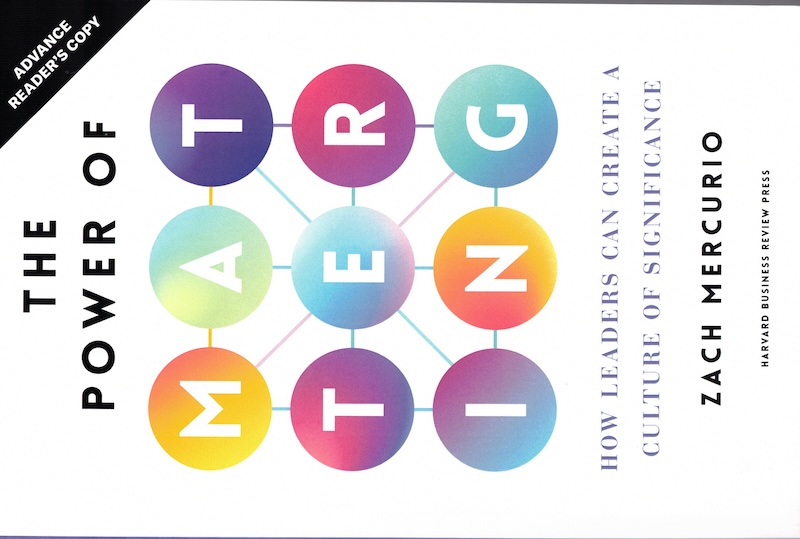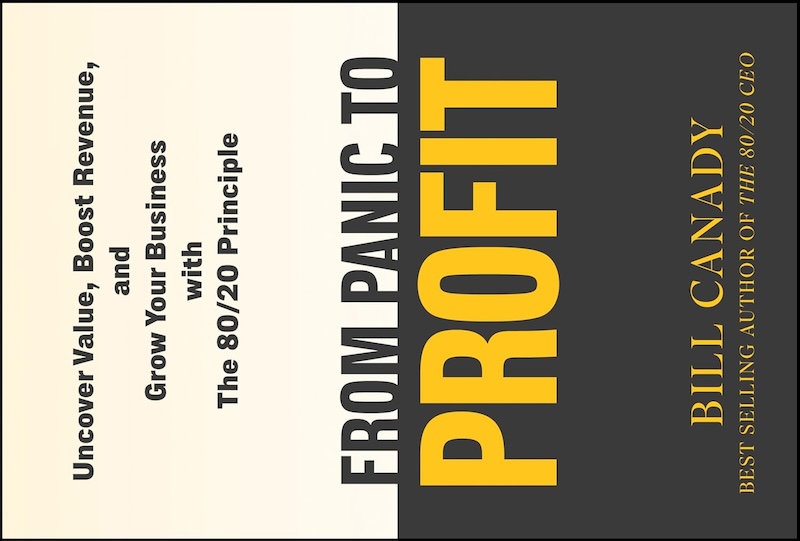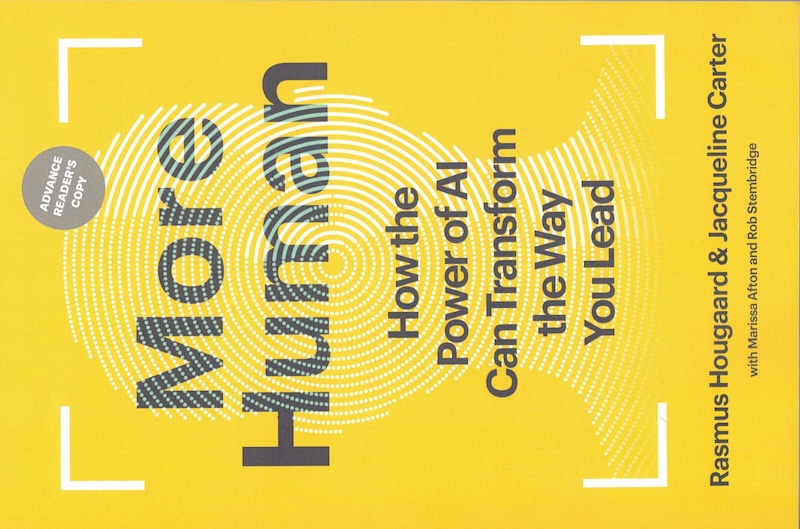Book Brief: The Power of Mattering
I was walking across the Oklahoma Christian University campus on my way to the library to meet with a team of students that were starting work on our latest business idea. Halfway there I ran into John deSteiguer, the president of the university. He greeted me and asked me about this latest project. I told him that I was heading to a meeting with the students and he asked if he could tag along. As we approached the entrance to the library, a landscaper was down on his knees pulling weeds from around a small tree planted near the entrance. President deSteiguer greeted the man by name. He shook his hand and asked about the man’s wife, asking whether she was home from the hospital yet. He told the landscaper that he had been praying for them. We then went into the library and met with the students. The president looked each student in the eye as he shook their hands, asking their names and what they were studying (repeating their names to help himself remember), and he told them how excited he was about what they were working on.
In that brief 5–10 minute encounter President deSteiguer demonstrated that I matter, that the landscaper matters, and that the students matter. We all felt much more excited about the work that we were doing and we were energized to do it. This was an example of “mattering”.
This was the memory that immediately came to mind when I started reading The Power of Mattering by Zach Mercurio. I also immediately remembered examples where leaders practiced what Zach calls “anti-mattering” – failing to the point of making those around them feel like they don’t matter, are insignificant and expendable. This is an important topic and a helpful book.
Book Brief: The Power of Mattering Read More »










